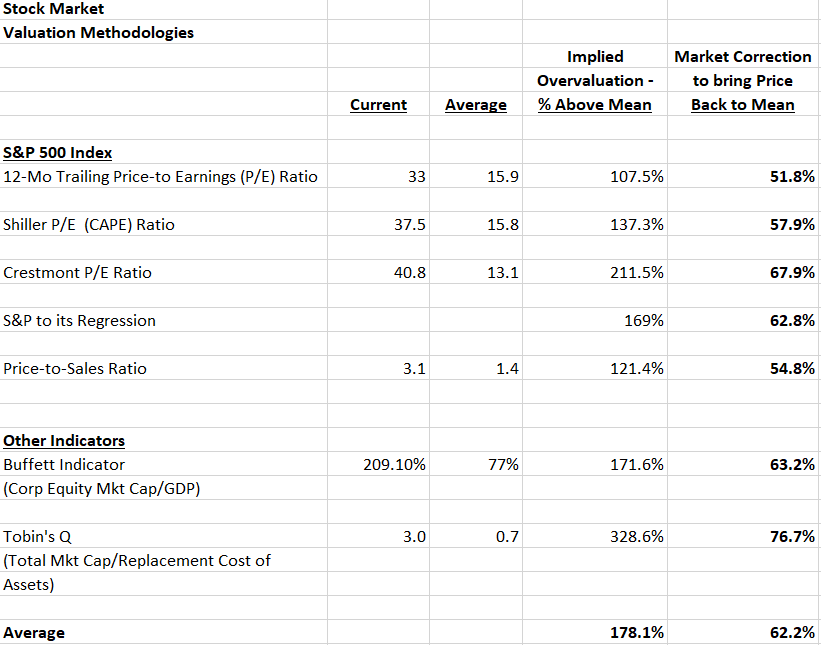Ghana's Mental Healthcare System: 80 Psychiatrists For 30 Million People

Table of Contents
The Critical Shortage of Mental Health Professionals in Ghana
The severe shortage of mental health professionals in Ghana is a primary driver of the crisis. This deficit extends beyond psychiatrists to encompass psychologists, psychiatric nurses, and other crucial mental health workers. The lack of professionals creates a significant gap in the provision of vital mental health services.
- Comparison to other countries: Ghana's psychiatrist-to-population ratio is drastically lower than that of many other countries, particularly in developed nations. While precise figures vary, the disparity is substantial, illustrating the urgent need for increased investment in training and recruitment.
- Uneven distribution: Existing mental health professionals are often concentrated in urban areas, leaving rural communities severely underserved. This geographic disparity exacerbates access challenges for individuals in remote regions.
- Impact on access to care: The shortage directly impacts access to timely and appropriate mental healthcare. Long waiting lists, limited appointment availability, and difficulties finding qualified professionals are common experiences for those seeking help.
Limited Access to Mental Healthcare Services and Facilities
Limited access to mental healthcare services and facilities further compounds the crisis. This lack of resources is particularly acute in rural areas, where infrastructure is often inadequate and transportation is challenging.
- Lack of specialized hospitals and clinics: The number of dedicated mental health hospitals and clinics is insufficient to meet the needs of the population. Many general hospitals lack the resources and expertise to provide comprehensive mental healthcare.
- Inadequate infrastructure: Existing facilities often struggle with inadequate infrastructure, including a shortage of beds, equipment, and essential supplies. This compromises the quality of care and limits the capacity to treat individuals effectively.
- Long waiting times and appointment difficulties: Individuals seeking mental healthcare frequently face long waiting times for appointments and lengthy delays in receiving treatment. This delay can have serious consequences for individuals' mental well-being.
- Geographic barriers: The geographic distance to mental healthcare facilities poses a major barrier for many, especially those living in rural and remote areas. Lack of transportation and limited access to communication technologies further exacerbate this challenge.
Stigma and Societal Attitudes Towards Mental Illness in Ghana
Deep-rooted stigma and negative societal attitudes towards mental illness significantly hinder help-seeking behavior in Ghana. Cultural beliefs and practices often contribute to misconceptions and discrimination against individuals with mental health conditions.
- Common misconceptions: Misunderstandings about mental illness are prevalent, often leading to fear, prejudice, and social exclusion. Individuals may fear being ostracized or judged by their families and communities if they seek help.
- Impact on help-seeking behavior: Stigma discourages individuals from seeking professional help, leading to delayed or forgone treatment. This delay can worsen mental health conditions and impede recovery.
- Cultural factors: Cultural beliefs and traditional practices sometimes contribute to the stigma surrounding mental illness, further hindering access to care and support.
Financial Barriers and Affordability of Mental Healthcare
The high cost of mental healthcare poses a significant barrier for many Ghanaians, especially those from low-income backgrounds. Affordability issues limit access to essential services and treatment.
- Cost of medication, therapy sessions, and hospitalization: The expenses associated with medication, therapy sessions, and hospitalization for mental illness are often prohibitive for many families.
- Lack of health insurance coverage: Many individuals lack access to health insurance that covers mental health services, leaving them responsible for the full cost of treatment.
- Financial burden on families: The financial burden of caring for a family member with a mental illness can be devastating, forcing families to make difficult choices and potentially exacerbating the challenges faced by individuals.
Government Initiatives and Policies Addressing Mental Health in Ghana
The Ghanaian government has implemented various initiatives and policies to address mental health concerns. However, the effectiveness of these efforts needs further evaluation and significant improvements are required.
- Specific government programs: While initiatives exist, their scope and impact need strengthening. Clearer strategies are needed to translate policy into effective on-the-ground action.
- Funding allocated to mental healthcare: Increased and sustained funding is crucial to expand services, train professionals, and improve infrastructure.
- Evaluation of the impact of these initiatives: Regular evaluation and monitoring of existing initiatives are necessary to identify successes and areas requiring improvement.
The Role of NGOs and Community-Based Initiatives
NGOs and community-based organizations play a vital role in providing mental health services and support in Ghana. Their contributions fill critical gaps in the existing system.
- Examples of successful NGO programs: Several NGOs are implementing innovative community-based programs and providing essential support to individuals and families affected by mental illness.
- Types of services offered: These organizations provide diverse services, including counseling, support groups, advocacy, and community education.
- Challenges faced by these organizations: NGOs often face challenges securing sustainable funding, navigating complex regulatory environments, and reaching individuals in remote areas.
Potential Solutions and Recommendations for Improving Ghana's Mental Healthcare System
Addressing the mental healthcare crisis in Ghana requires a multi-pronged approach involving several key strategies.
- Investing in training and education: Significant investment in training and education programs for mental health professionals is crucial to increase the number of qualified practitioners.
- Expanding access to services in rural areas: Expanding access to mental healthcare services in rural areas through mobile clinics, telehealth initiatives, and community-based programs is essential.
- Implementing public awareness campaigns: Public awareness campaigns to reduce stigma and promote help-seeking behavior are crucial to encourage individuals to seek treatment.
- Improving healthcare financing and insurance coverage: Expanding health insurance coverage to include comprehensive mental health services will improve affordability and access.
The Future of Mental Healthcare in Ghana: Hope and Challenges
The future of mental healthcare in Ghana presents both challenges and opportunities. Continued advocacy, increased investment, and strengthened collaboration among stakeholders are essential to make meaningful progress. The need for improved access to mental healthcare is paramount.
Conclusion:
Ghana's mental healthcare system faces enormous challenges, characterized by a critical shortage of psychiatrists, limited access to services, pervasive stigma, and significant financial barriers. While government initiatives and the contributions of NGOs are vital, a concerted effort is needed to improve access to quality mental healthcare for all Ghanaians. Let's work together to improve access to mental healthcare in Ghana, fostering a future where mental well-being is prioritized and all individuals receive the support they need.

Featured Posts
-
 Ireland On High Alert After Frances Commanding Six Nations Performance
May 02, 2025
Ireland On High Alert After Frances Commanding Six Nations Performance
May 02, 2025 -
 Winter Weather In Tulsa Key Statistics And Trends
May 02, 2025
Winter Weather In Tulsa Key Statistics And Trends
May 02, 2025 -
 Sec Considers Xrp A Commodity Amidst Ripple Settlement Negotiations
May 02, 2025
Sec Considers Xrp A Commodity Amidst Ripple Settlement Negotiations
May 02, 2025 -
 Ma Hw Aljdyd Fy Blay Styshn 6
May 02, 2025
Ma Hw Aljdyd Fy Blay Styshn 6
May 02, 2025 -
 Russell T Davies On Doctor Whos Future A Potential Production Break
May 02, 2025
Russell T Davies On Doctor Whos Future A Potential Production Break
May 02, 2025
Latest Posts
-
 Stock Market Valuation Concerns A Rebuttal From Bof A
May 10, 2025
Stock Market Valuation Concerns A Rebuttal From Bof A
May 10, 2025 -
 Are High Stock Market Valuations A Concern Bof As Analysis
May 10, 2025
Are High Stock Market Valuations A Concern Bof As Analysis
May 10, 2025 -
 High Stock Market Valuations Bof A Explains Why Investors Shouldnt Panic
May 10, 2025
High Stock Market Valuations Bof A Explains Why Investors Shouldnt Panic
May 10, 2025 -
 Invest Smart A Guide To The Countrys Rising Business Hot Spots
May 10, 2025
Invest Smart A Guide To The Countrys Rising Business Hot Spots
May 10, 2025 -
 The Shifting Sands Of The Chinese Automotive Market Impact On Bmw Porsche And Others
May 10, 2025
The Shifting Sands Of The Chinese Automotive Market Impact On Bmw Porsche And Others
May 10, 2025
